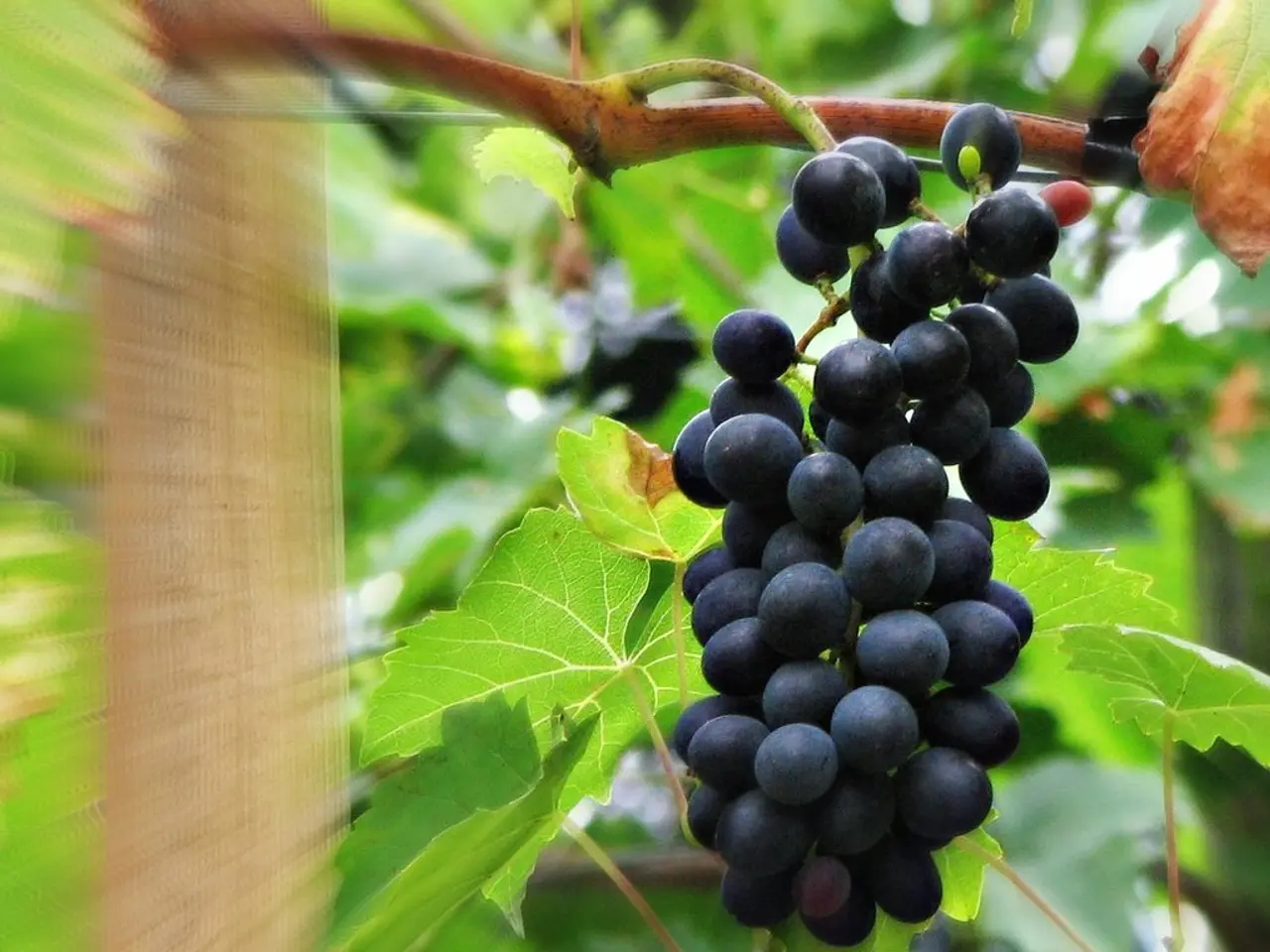Can Statins and Grapefruit Be Safely Consumed Together?
Grapefruit, a popular citrus fruit, can interfere with the metabolism of certain statin medications, potentially increasing the risk of side effects. Statins are a class of medications used to lower LDL (Low-density lipoprotein cholesterol), often referred to as "bad" cholesterol.
While statin medications work steadily and reliably to help regulate LDL levels, they may require additional support for patients who find diet and lifestyle changes are not enough. However, the safe amount of grapefruit a person can eat while taking statins is not universally agreed upon.
The interaction between grapefruit and statins is due to a chemical found in grapefruit that inhibits enzymes that break down many statins. This can lead to increased levels of statins in the blood, potentially causing side effects such as muscle and joint pain, low blood pressure, and arrhythmias.
The safest approach is to avoid grapefruit juice and large amounts of grapefruit unless explicitly cleared by a healthcare provider familiar with your medication regimen. However, moderation may be possible for some statins and individuals.
For example, Atorvastatin users are generally advised to limit grapefruit or grapefruit juice to no more than 1 liter (about 34 ounces) per day, with some sources recommending even up to about 1.2 liters (40.5 ounces) total to avoid increased risk of serious side effects such as muscle breakdown and irregular heart rhythms. The American Heart Association recommends against drinking grapefruit juice at all when taking statins but notes that eating half a grapefruit a few days a week in the morning may be acceptable if the statin is taken in the evening.
On the other hand, statins like Pravastatin and Rosuvastatin have fewer or no significant interactions with grapefruit and are considered safer options if grapefruit consumption cannot be avoided.
Stanley Hazen, MD, PhD, co-section head of preventive cardiology, frequently addresses concerns about grapefruit and statins. Dr. Hazen recommends eating grapefruit in moderation for statin takers who have had no issues with the medication.
In summary, it's essential to discuss your grapefruit consumption with your doctor, especially if you are taking statins. Alternative statins or medications may be recommended if grapefruit intake is a regular part of your diet. By being aware of the potential interaction between grapefruit and statins, you can make informed decisions about your diet and medication regimen.
- For individuals taking statins, it's crucial to be aware of the potential interaction between these medications and grapefruit, as the fruit can interfere with the metabolism of certain statins.
- The safest approach is often to avoid grapefruit juice and large amounts of grapefruit while on statins, but some statins may have fewer interactions with grapefruit, such as Pravastatin and Rosuvastatin.
- The American Heart Association recommends against drinking grapefruit juice at all when taking statins, but eating half a grapefruit a few days a week in the morning may be acceptable if the statin is taken in the evening, provided it's discussed with a healthcare provider.
- To make informed decisions about your diet and medication regimen, it's essential to discuss your grapefruit consumption with your doctor, especially if you are taking statins. Alternative statins or therapies and treatments may be recommended if grapefruit intake is a regular part of your health-and-wellness lifestyle, including your food-and-drink choices and nutrition.




